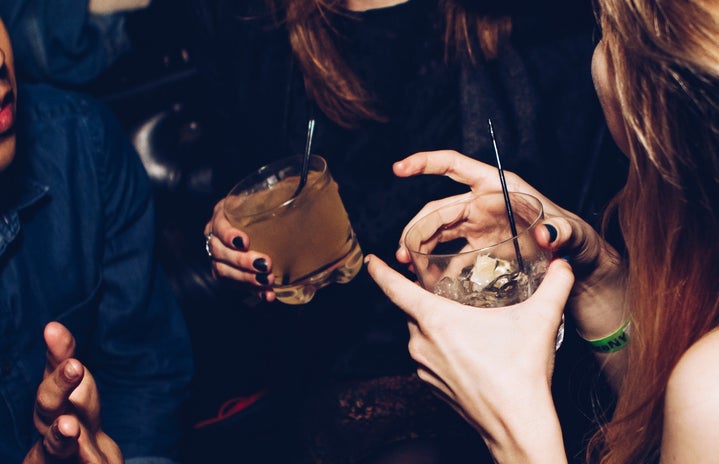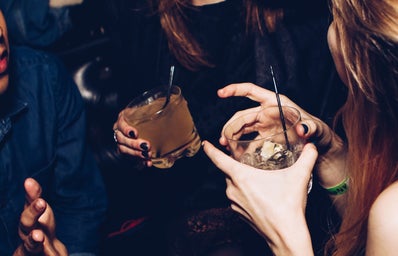Please note that some points of this article may be triggering for readers, as it mentions sensitive subjects such as sexual assault, rape, spiking and/or drugging. Please proceed with caution.
As I sat on the floor of the 601 on October 27th surrounded by my fellow students, peers, and friends, I wondered how we got here. Typically, a Wednesday night in St Andrews means Sinners, night-outs, and parties. That night, however, was anything but.
‘Drink spiking’ is not new by any means. However, this year it seems to be particularly rampant not only in St Andrews, but throughout the United Kingdom. Drink spiking, it should be noted, encompasses more than just adding ‘date rape’ drugs — drinks may also be spiked with other illegal substances, prescription drugs, or alcohol. A shocking new development in the realm of spiking, however, has been the rise in reports of spiking by injection.
These cases have seen an increase these past few months and have garnered both national and international interest. The New York Times, as well as numerous other publications, wrote articles detailing the ‘needle spiking’ and how young people are reacting in response to this new development. These reactions range from nightclub boycotts, to petitioning Parliament.
The petition was set up by Hannah Thompson from Glasgow after she was made aware of this horrifying situation affecting young people across the United Kingdom. As of writing, the petition has 171,664 signatures from around the country, and will be debated in Parliament on November 8, 2021.
In addition to the petition, there has been a call to boycott nightclubs and venues across the country, which also began with a young woman from Scotland, this time Martha Williams from the University of Edinburgh. The original campaign called for a “Girls Night In,’ calling on other students to boycott these venues, aiming to demand change. It is at this point where St Andrews, as a town and university, became involved. The St Andrews Feminist Society organized its own boycotts of venues in support of the “Girls Night In’ movement. Titled, “Big Night In St Andrews,’ they called for collective action: organizing a town hall meeting with political and educational leaders, providing information to those who need it, and calling for a boycott of all venues in town. A variety of other groups on campus and venues showed their support by either closing their venues, or attending the town hall. The town hall, which can be viewed here, invited all students to ask questions, voice concerns, show support, and demand change.
Town hall ended up bringing about some substantial change and showed just how seriously the university is taking this issue. Random bag searches, safety patrols, and testing of unattended drinks are going to be introduced at university venues. This will be paired with increased training and test strips in order to help students be safe. The university’s director of wellbeing and equality stated in support, “Anyone found to be spiking in our venues will be banned from our premises for life and referred to the university and the police”. Police Scotland have also come forward with a statement of support, “Women, and men, should be able to go out for a night out without fear of being spiked. We are working with a range of partners, locally and nationally to ensure pubs and clubs are safe spaces for all.” Only time will tell what other measures will be put in place to hopefully put a stop to these attacks.
What comforted me through these tense and uneasy conversations at the union that night was that I was not sitting there alone. There were people all around me that cared and wanted to help their community by showing their support. Knowing that there were so many who wanted to make a difference and use their voice made me feel safer and confident that we were all going to tackle this issue together.
More information on symptoms of drink spiking, tips to help yourself and friends, as well as what to do if you think something has happened can be found here. However, in case of emergency please get emergency services involved by calling 999 and contacting Police Scotland on 101.


